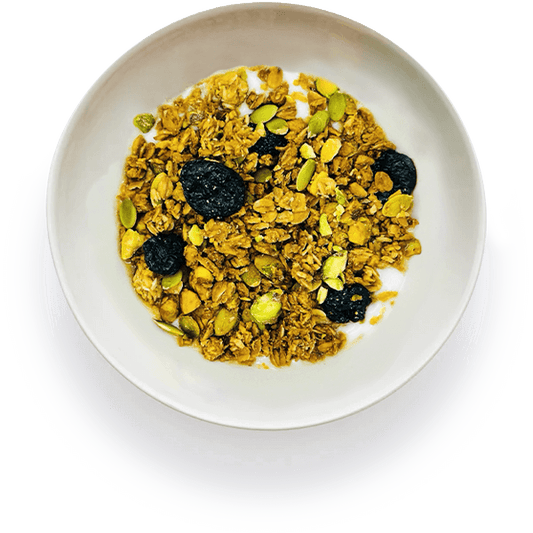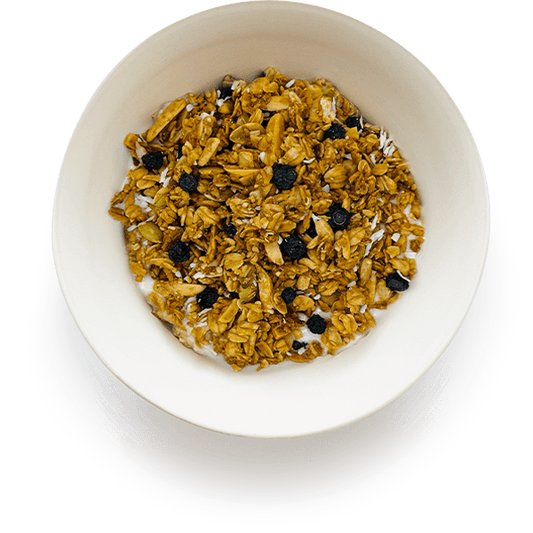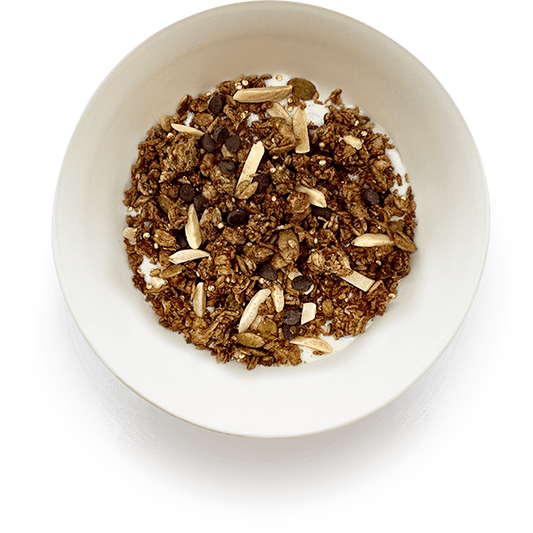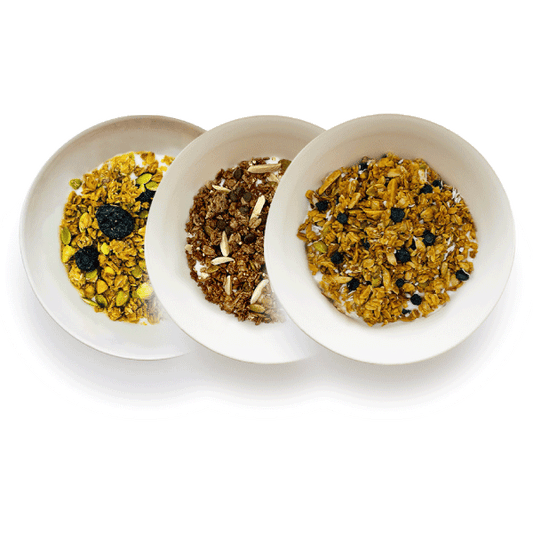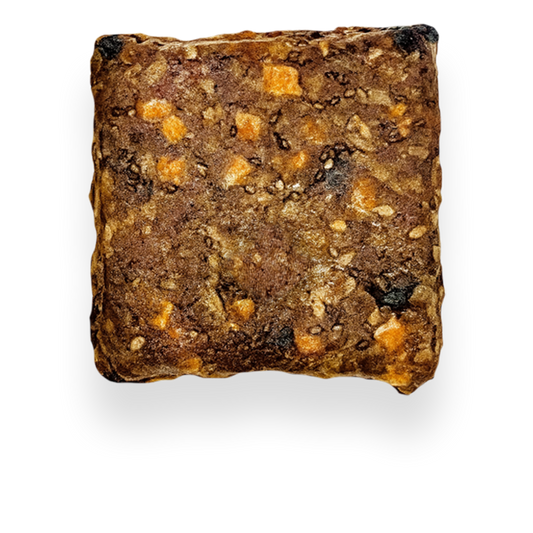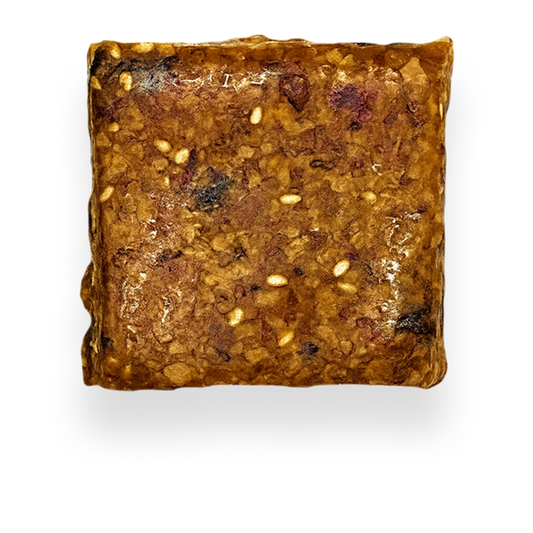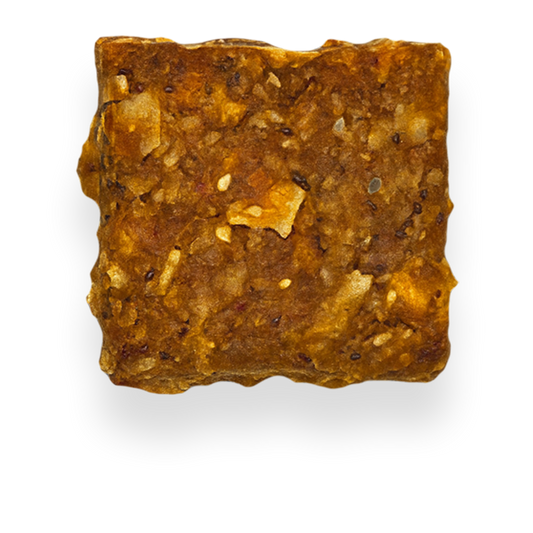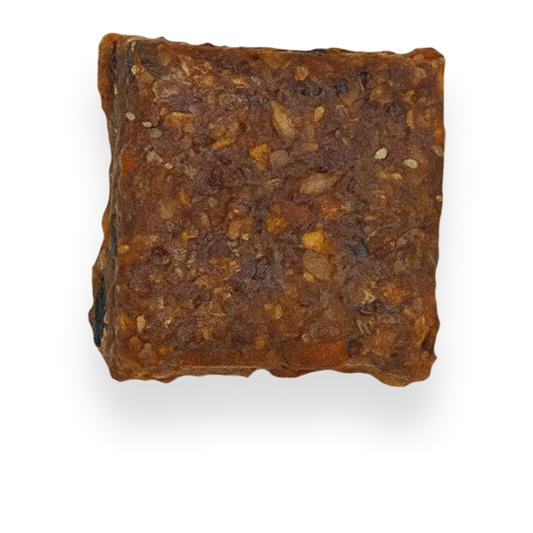Optimizing Your Essential Nutrients on a Plant-Based Diet
By FireRoad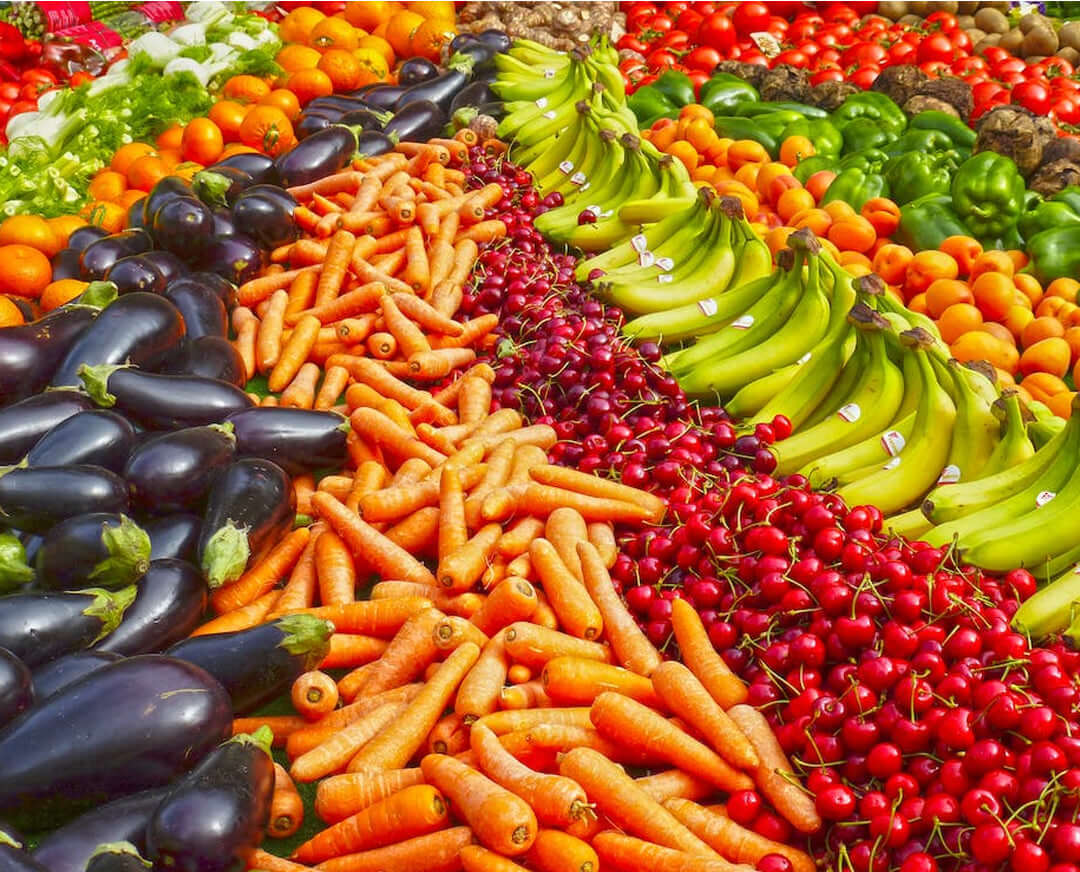
Welcome to all the plant-based enthusiasts out there! Embracing a plant-based diet can bring about numerous health benefits, but ensuring you are getting all your essential nutrients can sometimes be a concern. The good news is that with a little planning and knowledge, you can easily meet your nutrient needs on a plant-based diet.
Understanding Essential Nutrients
When following a plant-based diet, it's essential to pay attention to certain key nutrients that are commonly found in animal products. These include protein, iron, calcium, vitamin B12, and omega-3 fatty acids. While these nutrients can be obtained through animal sources, they can also be sourced from plant-based foods.
Protein Power
Protein is often a focal point for individuals, especially those active in fitness. Legumes such as beans, lentils, and chickpeas are excellent sources of plant-based protein. Incorporating foods like tofu, tempeh, quinoa, and nuts can also help meet your daily protein requirements. Remember, a variety of protein sources ensures you get all the essential amino acids your body needs.
Maximizing Nutrient Absorption
A diet rich in plant-based foods not only provides essential nutrients but also offers a plethora of antioxidants and phytochemicals. Pairing foods rich in iron with vitamin C-rich counterparts can enhance iron absorption. For example, combining lentils with bell peppers in a salad can maximize the absorption of iron from the lentils.
Flavorful Plant-Based Options
One common misconception about plant-based diets is that they lack flavor. On the contrary, plant-based eating can offer a diverse range of flavors and textures. Experimenting with herbs, spices, and different cooking techniques can elevate the taste of your dishes. From aromatic curries to zesty salads, the world of plant-based flavors is truly limitless.
Calcium Concerns
Calcium is crucial for maintaining strong bones and teeth. While dairy products are a standard source of calcium, plant-based alternatives such as fortified plant milks, tofu, and leafy greens like kale and collard greens can help you reach your daily calcium requirements. Don't forget to soak up some sunshine, as vitamin D plays a vital role in calcium absorption.
Planning your Plant-Based Plate
Creating a well-balanced plant-based plate involves incorporating a variety of foods. Aim to include a rainbow of fruits and vegetables to ensure you are getting a wide range of vitamins and minerals. Whole grains like brown rice, quinoa, and oats can provide essential nutrients and fiber to keep you feeling full and satisfied.
Iron-Rich Choices
Iron is essential for transporting oxygen in the blood and supporting overall health. Plant-based sources of iron include lentils, beans, tofu, and fortified cereals. If you are consuming iron-rich plant foods, try to pair them with foods high in vitamin C to optimize iron absorption and boost your nutrient intake.
The Importance of Omega-3 Fatty Acids
Omega-3 fatty acids play a key role in brain health and reducing inflammation in the body. While seafood is a common source of omega-3s, plant-based options like flaxseeds, chia seeds, hemp seeds, and walnuts can provide these essential fats. Including these foods in your diet can help you maintain optimal health.
Snack Smart on a Plant-Based Diet
When hunger strikes between meals, having nutrient-dense snacks on hand is essential. Opt for snacks like raw nuts, seeds, fruit, veggie sticks with hummus, or homemade energy balls. These snacks not only provide a quick energy boost but also supply your body with essential nutrients.
Delicious and Nutrient-Packed Recipes
Exploring new recipes and meal ideas can make transitioning to a plant-based diet more exciting. From hearty plant-based stews to colorful Buddha bowls, there are endless options to keep your taste buds satisfied. Don't be afraid to get creative in the kitchen and experiment with different flavors and ingredients.
Embracing a Healthy Plant-Based Lifestyle
Making the switch to a plant-based diet is not only beneficial for your health but also for the planet. By choosing more plant-based options, you are reducing your carbon footprint and supporting sustainable food practices. Remember, with the right knowledge and planning, you can thrive on a plant-based diet while enjoying delicious, nutrient-packed meals.
Cultivating Your Nutrient-Rich Plant-Based Plate
As you embark on your plant-based journey, remember that the key to thriving on this diet lies in variety, balance, and knowledge. By incorporating a wide range of plant-based foods rich in protein, iron, calcium, and omega-3 fatty acids, you can optimize your nutrient intake and support your overall health and fitness goals. So, prepare your taste buds for a flavorful adventure as you explore the endless possibilities of plant-based eating!



